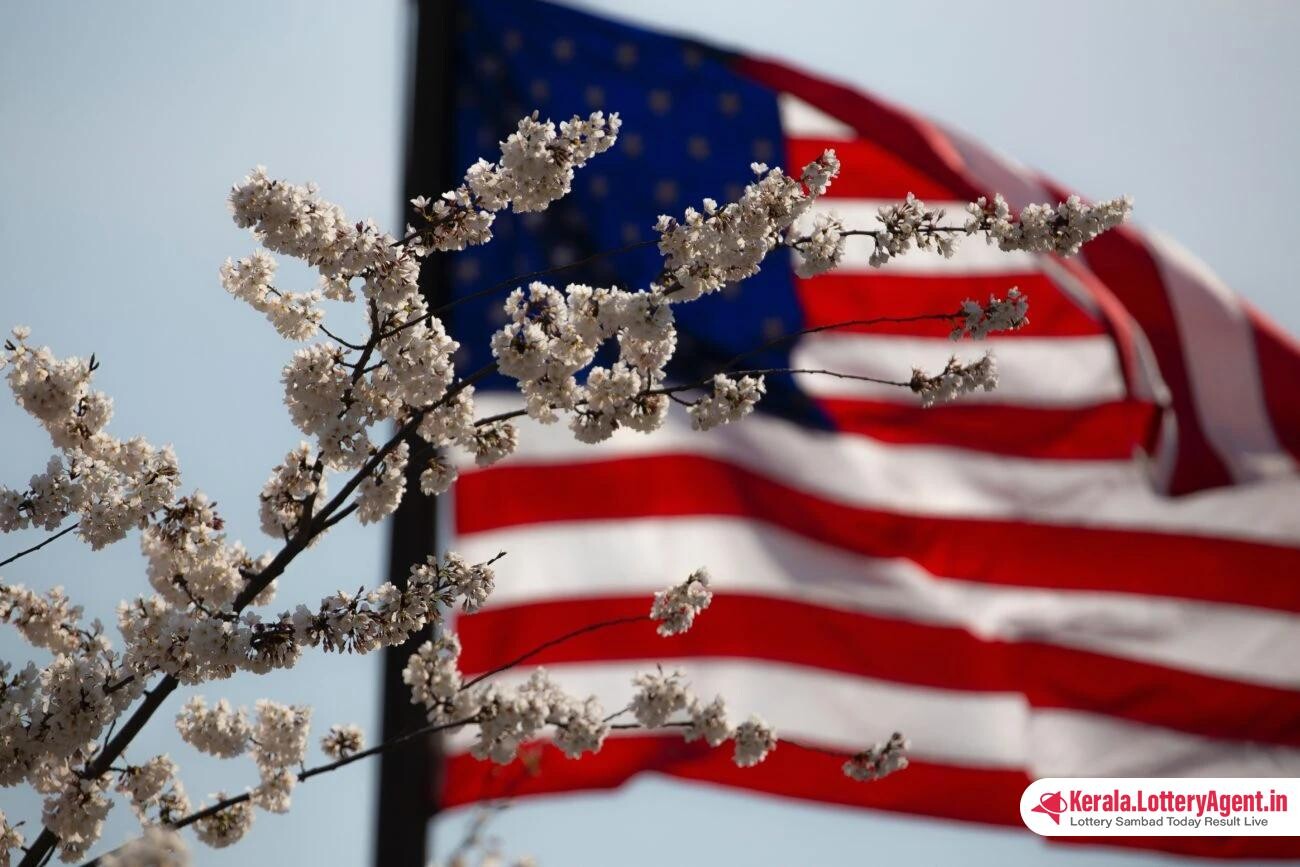
Since the historic reversal of the Professional and Amateur Sports Protection Act (PASPA) in 2018, a tidal wave of gambling enthusiasm has engulfed much of the United States. As of today, 40 distinct jurisdictions have seized the opportunity to legalize wagering, an action that has prompted intensified focus on responsible gambling (RG) practices.
The National Council on Problem Gambling (NCPG) inaugurated Problem Gambling Awareness Month (PGAM) in 2003, aiming to heighten awareness and promote responsible behavior within the gambling industry. Ever since PASPA’s dissolution, PGAM has assumed its place as a pivotal period in championing RG. Chrissy Thurmond, DraftKings’ head of RG relations, praises PGAM’s considerable impact, which has reverberated throughout the industry, academia, and among the public engaging with online gambling spaces.
Across the United States, PGAM is not just known but ardently supported, with participants eagerly awaiting the month to join in the initiatives promoting RG. This year’s event marked a significant evolution in the industry’s approach to promoting safe gambling practices. On March 27th, DraftKings teamed up with six other leading North American operators to form the Responsible Online Gaming Association (ROGA). Contributing over $20 million collectively in the first year alone, these gambling heavyweights—including FanDuel and Fanatics Betting & Gaming—entrusted Jennifer Shatley, a veteran in RG innovation, with leading ROGA to promote education and best RG practices.
Nevertheless, the formation of ROGA hasn’t been met without skepticism. Detractors, such as the Campaign for Fairer Gambling (CFG), question the association’s willingness to endorse the Gambling addiction Recovery, Investment and Treatment (GRIT) act, which would allocate a sizable portion of pre-existing sports betting excise tax to problem gambling aid. The CFG also regards the creation of ROGA as a knee-jerk reaction to increasing press scrutiny demanding more industry action towards RG. The group’s ultimate aim appears to be a push for federal oversight, despite PASPA’s reversal effectively making sports betting a state matter.
Opposition aside, the industry is pushing forcefully for enhanced consumer protection. A significant hurdle in the U.S. is the enduring stigma around problem gambling. Despite efforts to raise awareness, without a shift in player attitudes towards using RG tools, the likelihood of curbing irresponsible betting behavior remains slim.
Operators emphasize that RG tools are not solely for those already confronting gambling issues, but for all players to maintain a recreational, rather than a problematic, relationship with gambling. Rachel Gundy, Betr’s head of product, advocates for a rebranding of responsible gaming to encompass a broader range of prevention strategies and tools usable by everyone, regardless of their risk profile.
As the awareness of problem gambling risks rises in the U.S., so does the movement towards regulated play. Jessica Feil, vice president of regulatory affairs and compliance at OpenBet, sees this as a positive shift, moving away from the unregulated black market and gaining insight into the actual prevalence of gambling problems. Data may suggest a rise in unhealthy behaviors, but Feil argues this reflects enhanced identification methods rather than a true increase in problem gambling.
A collaborative, nationwide RG strategy requires cooperation among gambling companies alongside technology’s aid in identifying and addressing problem gambling behaviors. However, the fragmented nature of U.S. jurisdiction—each with different regulations, helplines, and approaches—complicates the formation of a cohesive RG environment.
One particularly thorny issue is the absence of a national self-exclusion list, allowing those who self-exclude in one state to simply gamble in another. Companies like Betr are taking initiative by imposing company-wide self-exclusion policies, but more comprehensive regulation could streamline protection for vulnerable users.
At a broader level, further research is needed to understand the true scale of problem gambling in America. Thankfully, the NCPG is making strides with the 1-800-GAMBLER helpline, providing national support. However, understanding the breadth of the problem, and implementing effective interventions, is hindered by limited research; the NCPG has only conducted two national surveys since 1999, with the most recent in 2021 and no clear schedule for subsequent studies.
Raising the bar for RG in the U.S. is a continuing battle, combining technology, research, collaboration, and education. It’s a dynamic process, an evolution that sees companies like DraftKings, Betr, and OpenBet at the forefront of safeguarding players while advocating for a regulated marketplace free of the dangers of problematic gambling habits. With ongoing commitments and initiatives, these industry leaders hold firm hope that by next year’s PGAM, further strides towards a safer gambling environment will have been achieved—a testament to the small but significant steps reshaping RG across the United States.












